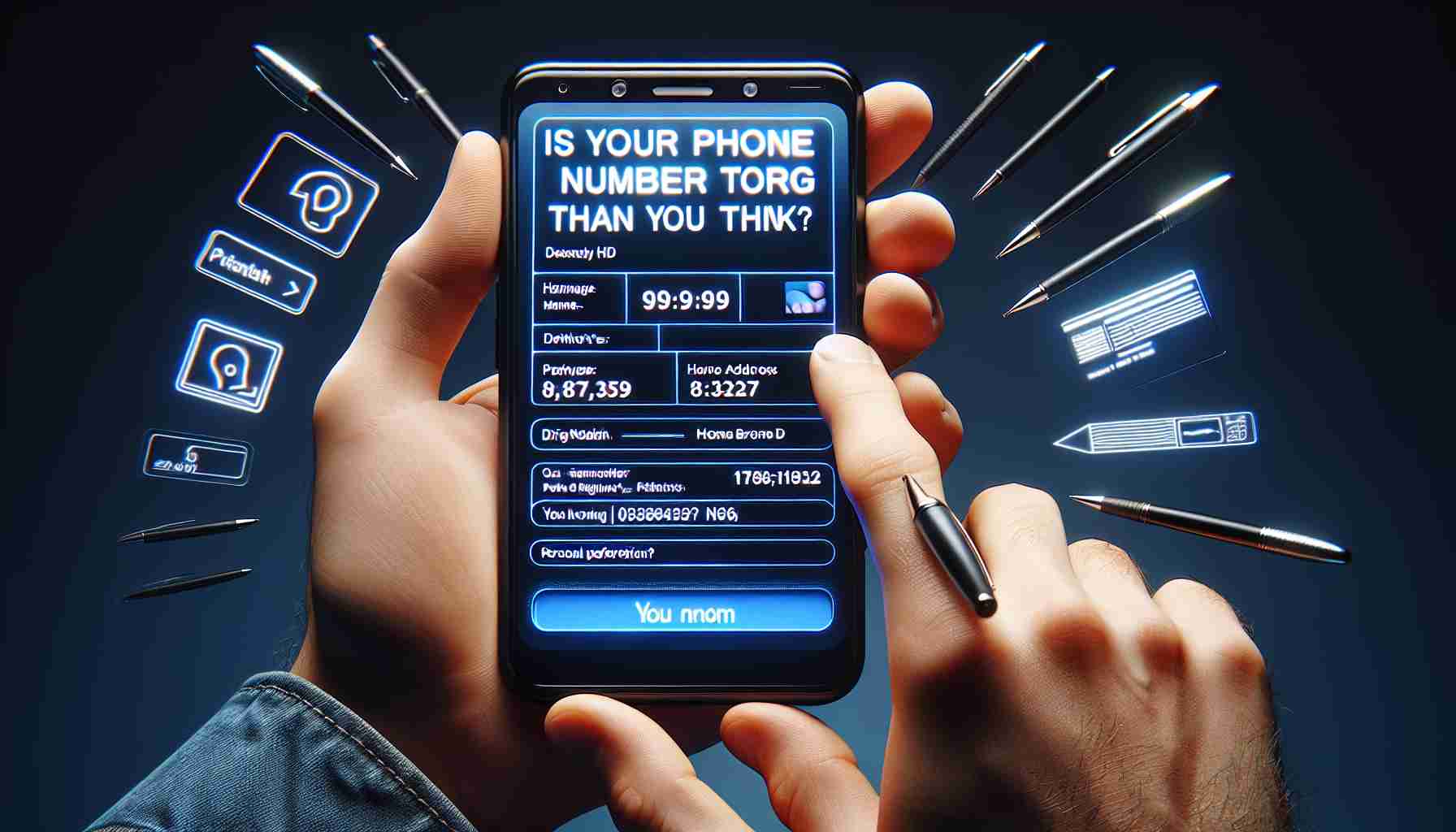In the digital age, our phone numbers have become far more than just a means of communication. They can reveal important information about our location and even hint at our identity. But how exactly can this happen?
The structure of a phone number typically includes a country code, area code, and the local number. The country code signifies the nation you are calling from, while the area code can pinpoint a specific region within that country. For instance, in the United States, area codes were originally introduced to route calls in various places, helping operators direct them to the appropriate lines. As a result, they often correlate quite closely with geographical areas.
With the advent of mobile technology, however, the correlation between a person’s actual location and their phone’s area code has blurred. People frequently retain their numbers when moving across states and regions. Despite this, in many cases, the area code is still an initial indicator of an individual’s origin or where they acquired their number.
Furthermore, phone numbers can offer insights when using services to trace or verify identities. Companies often employ algorithms and databases to verify the authenticity of a phone number, ensuring it’s real or assessing potential risks in financial transactions.
In summary, while phone numbers don’t tell the whole story about someone’s current location, they provide substantial clues about their area of origin. This understanding underscores the broader roles our phone numbers play in connecting our digital and physical worlds.
Unlocking the Secrets Behind Your Phone Number: What You Didn’t Know
In today’s interconnected world, our phone numbers hold a lot more power than we might realize. Beyond basic communication, they have become tools for identity verification and fraud prevention. But what are the hidden implications of this?
New Insights: The Privacy Risks
With so much information tied to phone numbers, privacy concerns are looming larger than ever. Could your number compromise your safety? When signing up for services, your phone number is often linked to personal data. This can lead to targeted marketing or, worse, identity theft if it falls into the wrong hands. In some cases, unscrupulous entities might use your number to gather insights about your lifestyle or financial habits. The potential for misuse poses a significant concern for privacy advocates worldwide.
Debate: Convenience vs. Security
The question remains: Does the convenience of easily trackable phone numbers outweigh the risks? On one hand, phone numbers make identity verification and fraud prevention more straightforward, helping secure transactions and maintain digital authenticity. On the other hand, they make individuals vulnerable to scams or unwanted intrusions.
Modern-Day Considerations
How should individuals protect themselves? Utilizing phone number masking services or opting for virtual numbers can enhance privacy. Furthermore, staying informed about best practices in mobile security can help guard against potential threats.
Final Thoughts
While the convenience and connectivity provided by phone numbers are undeniable, these benefits come with strings attached. Balancing convenience with privacy is key to navigating the digital landscape safely.
For a deeper dive into the implications of phone numbers in the digital age, explore more insights at Privacy Rights Clearinghouse and Electronic Frontier Foundation.







